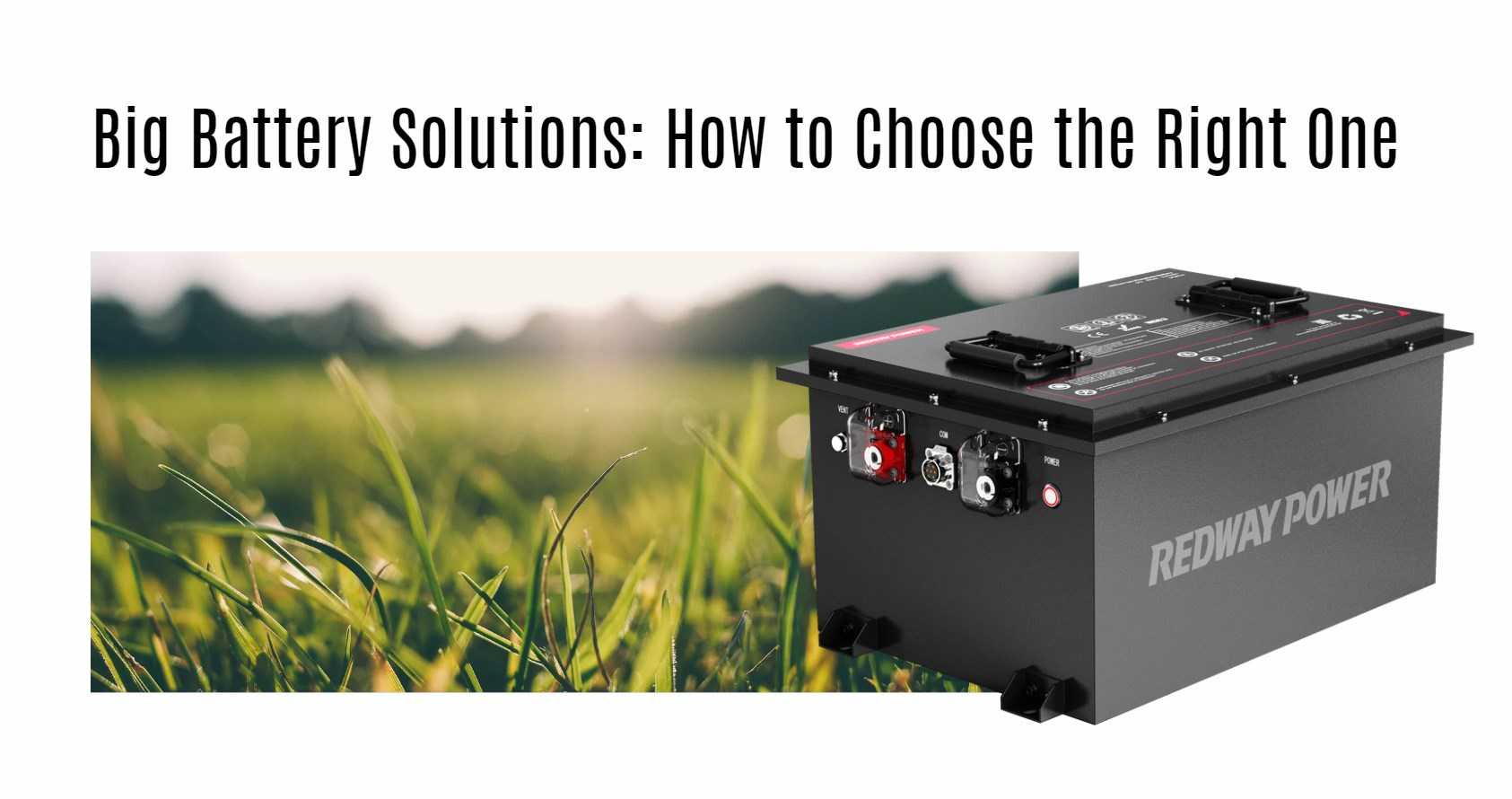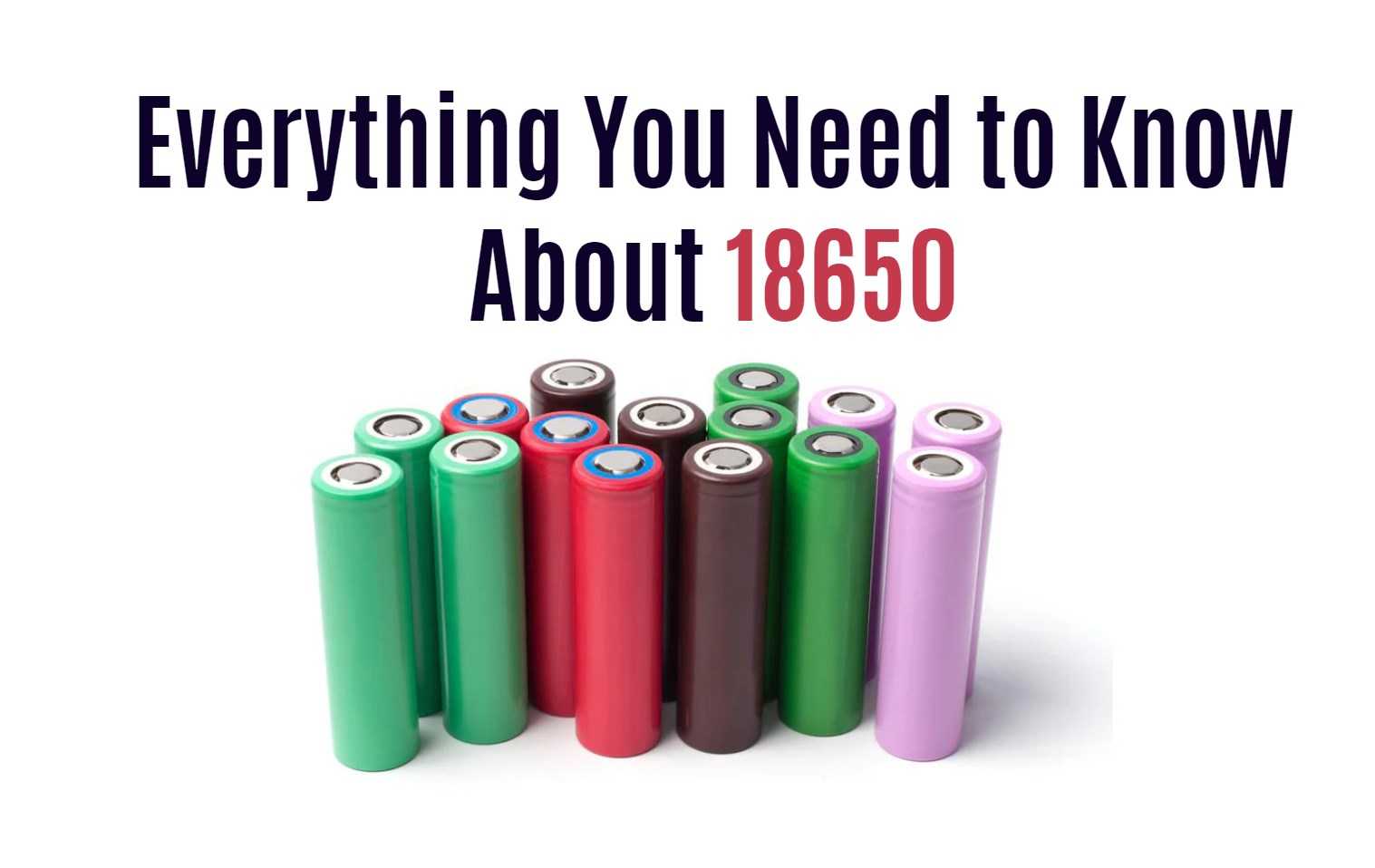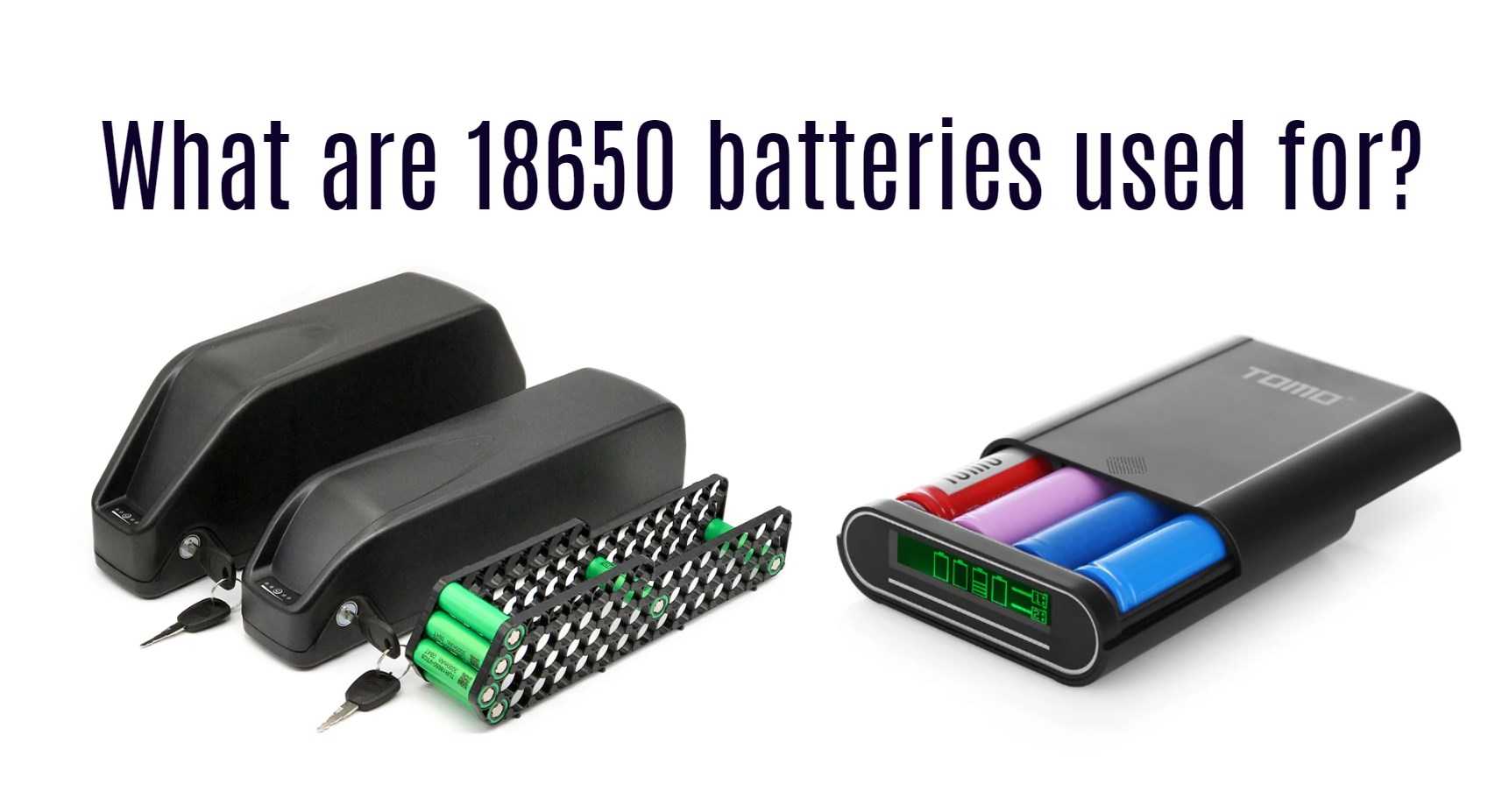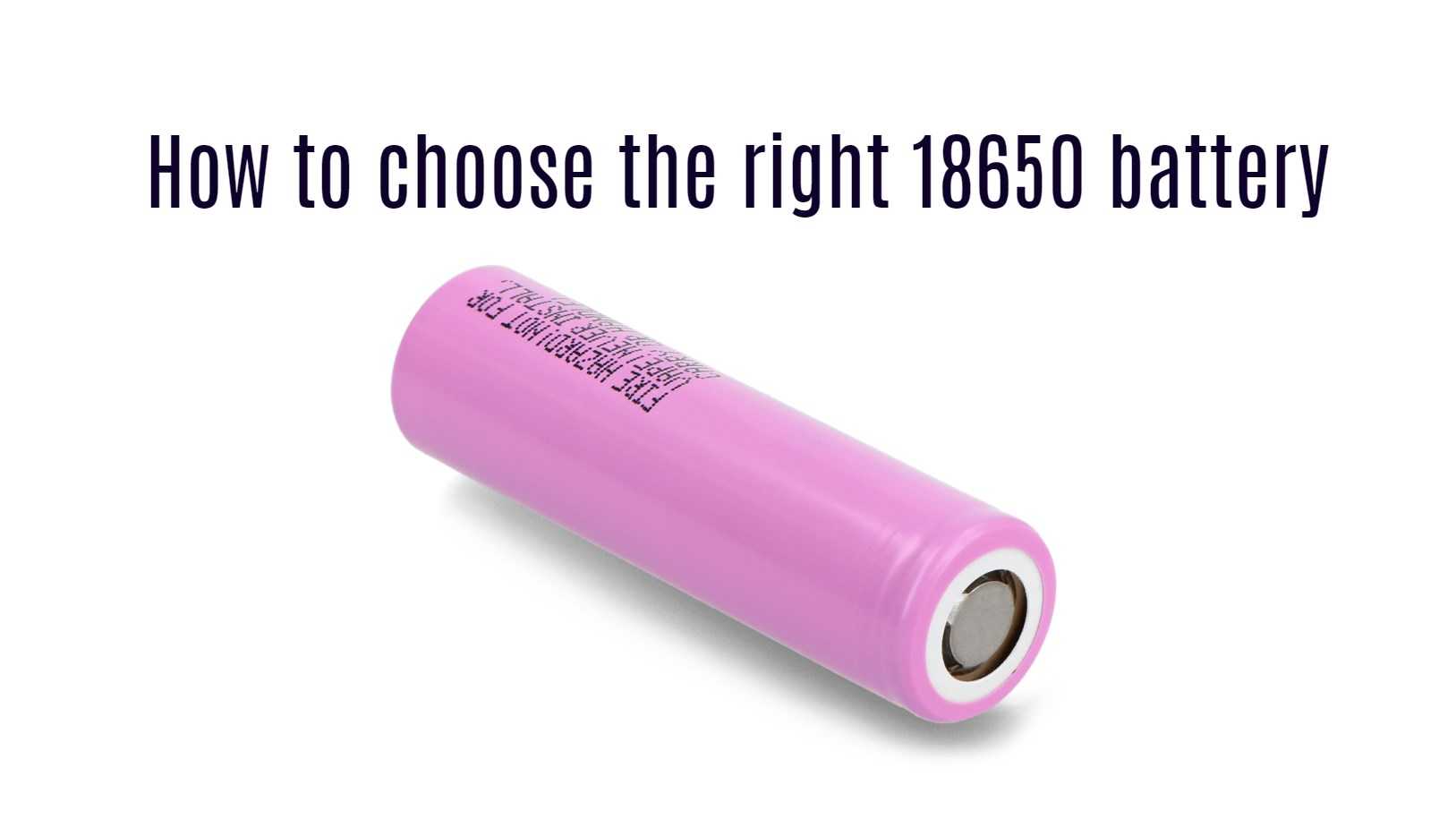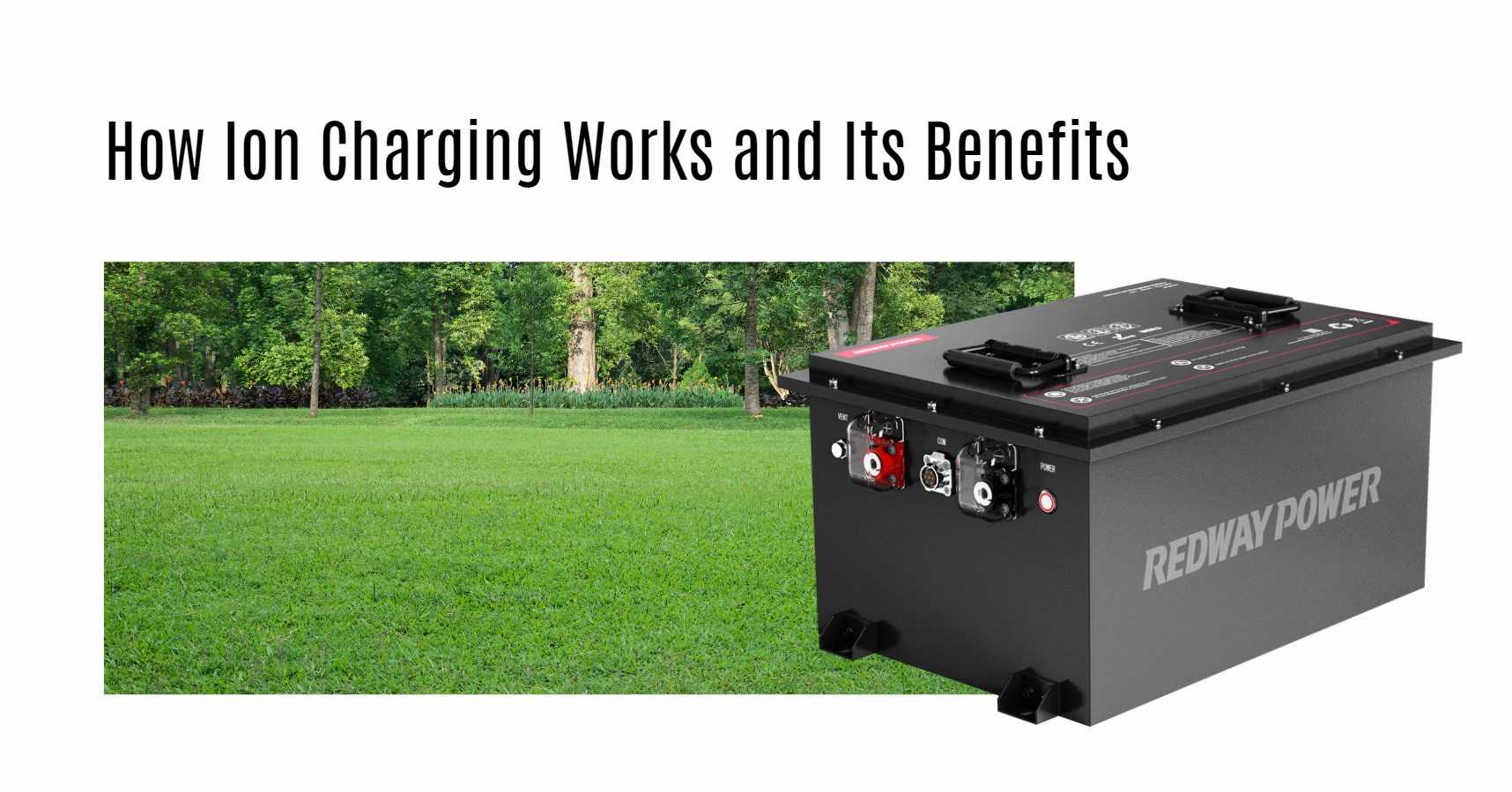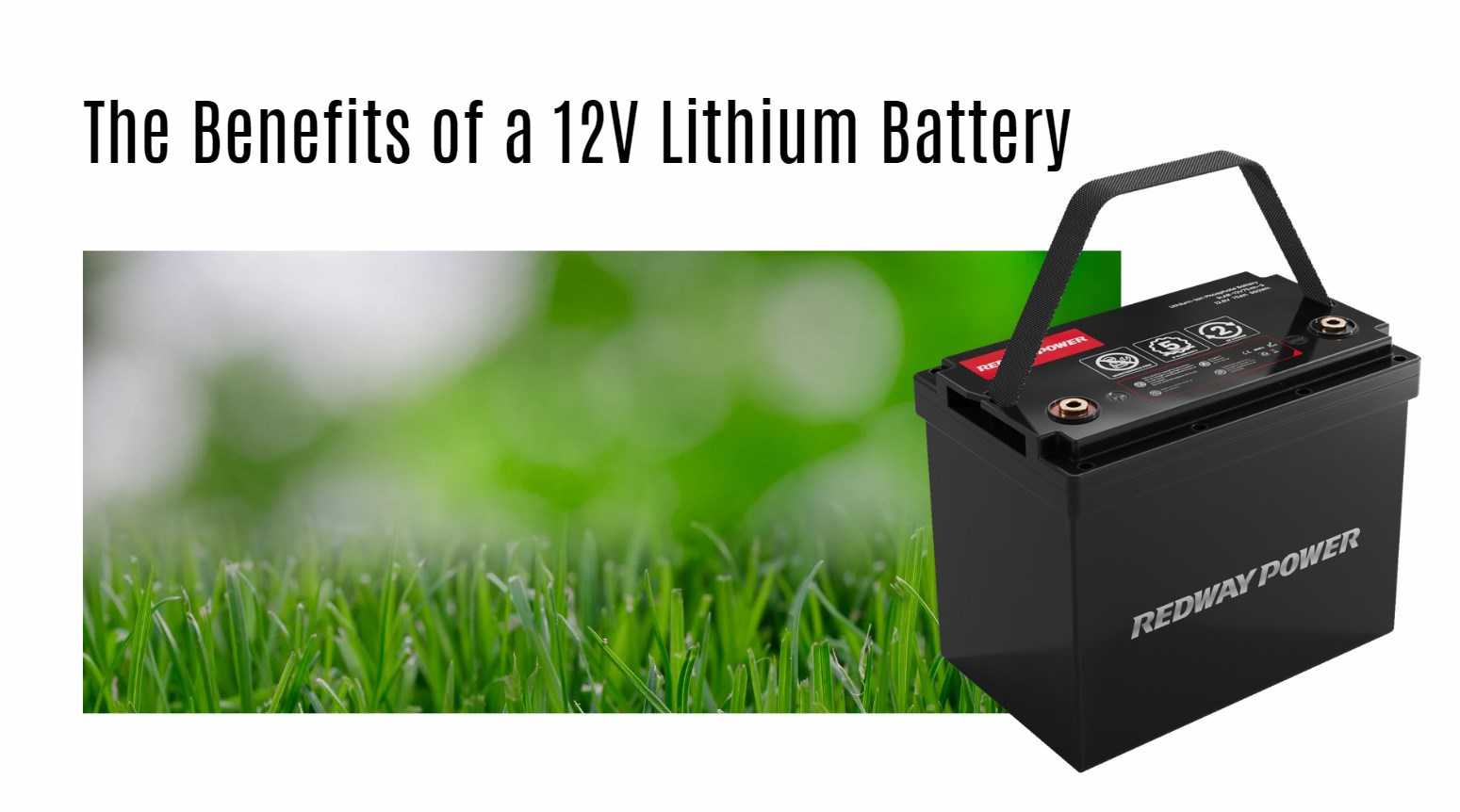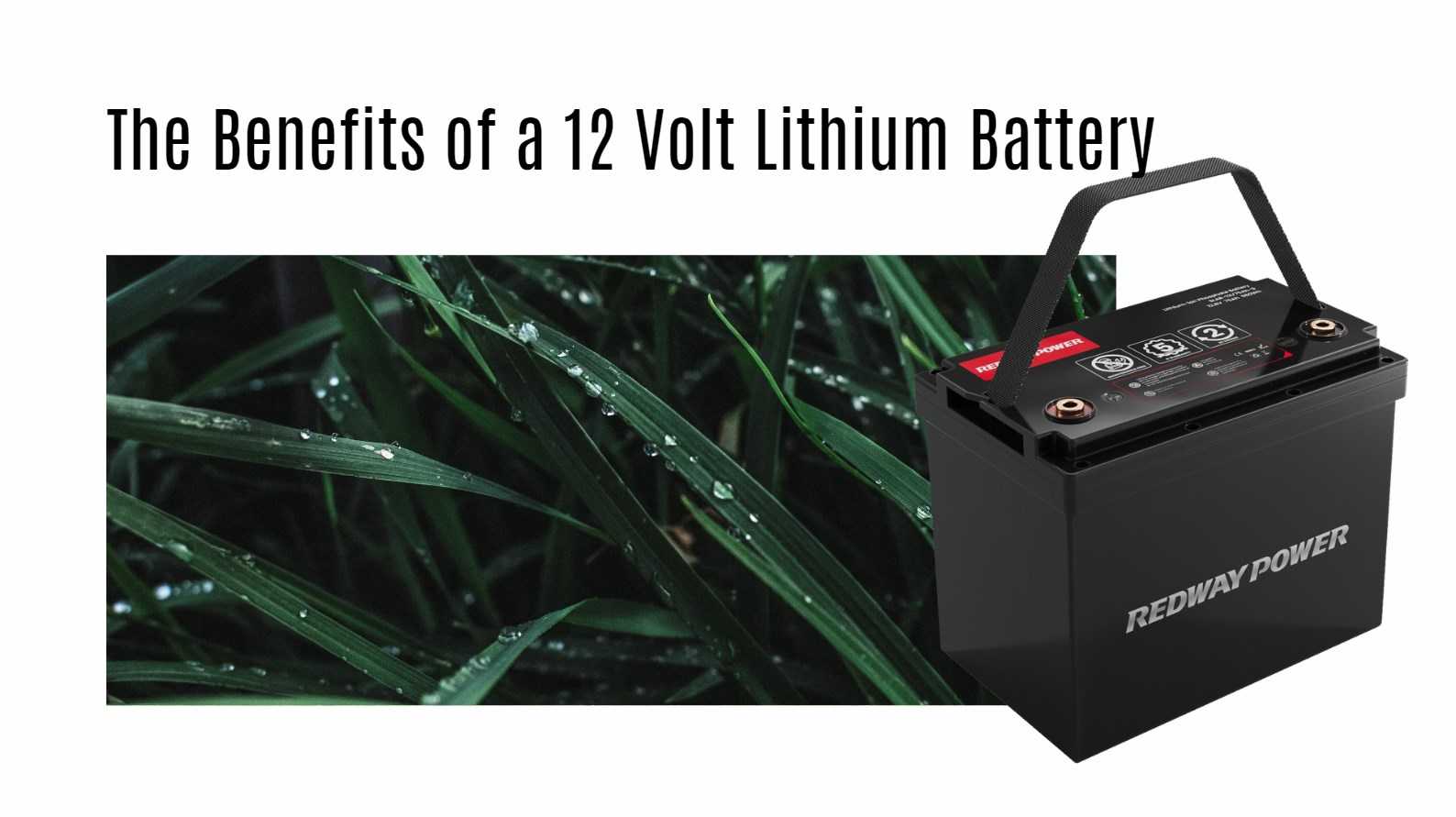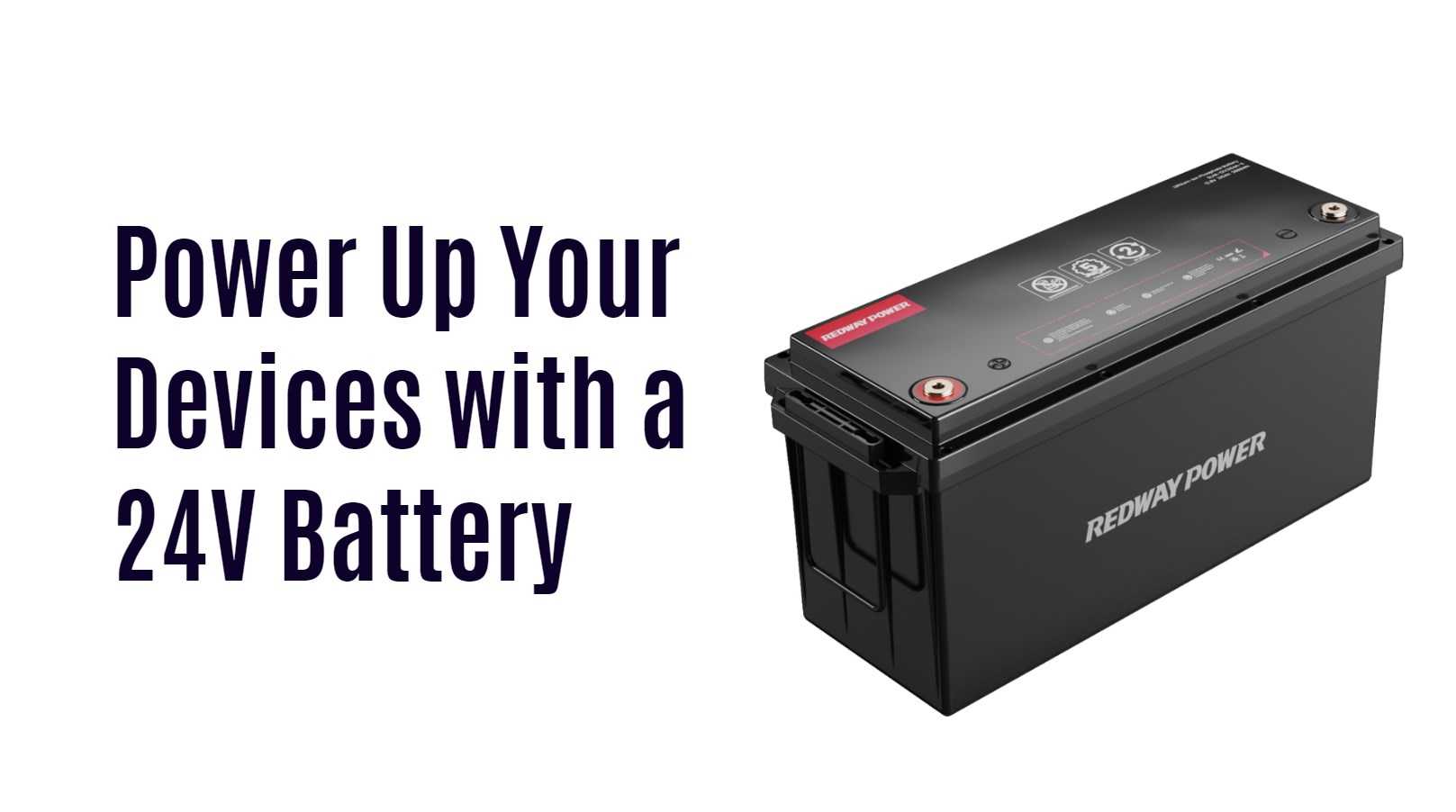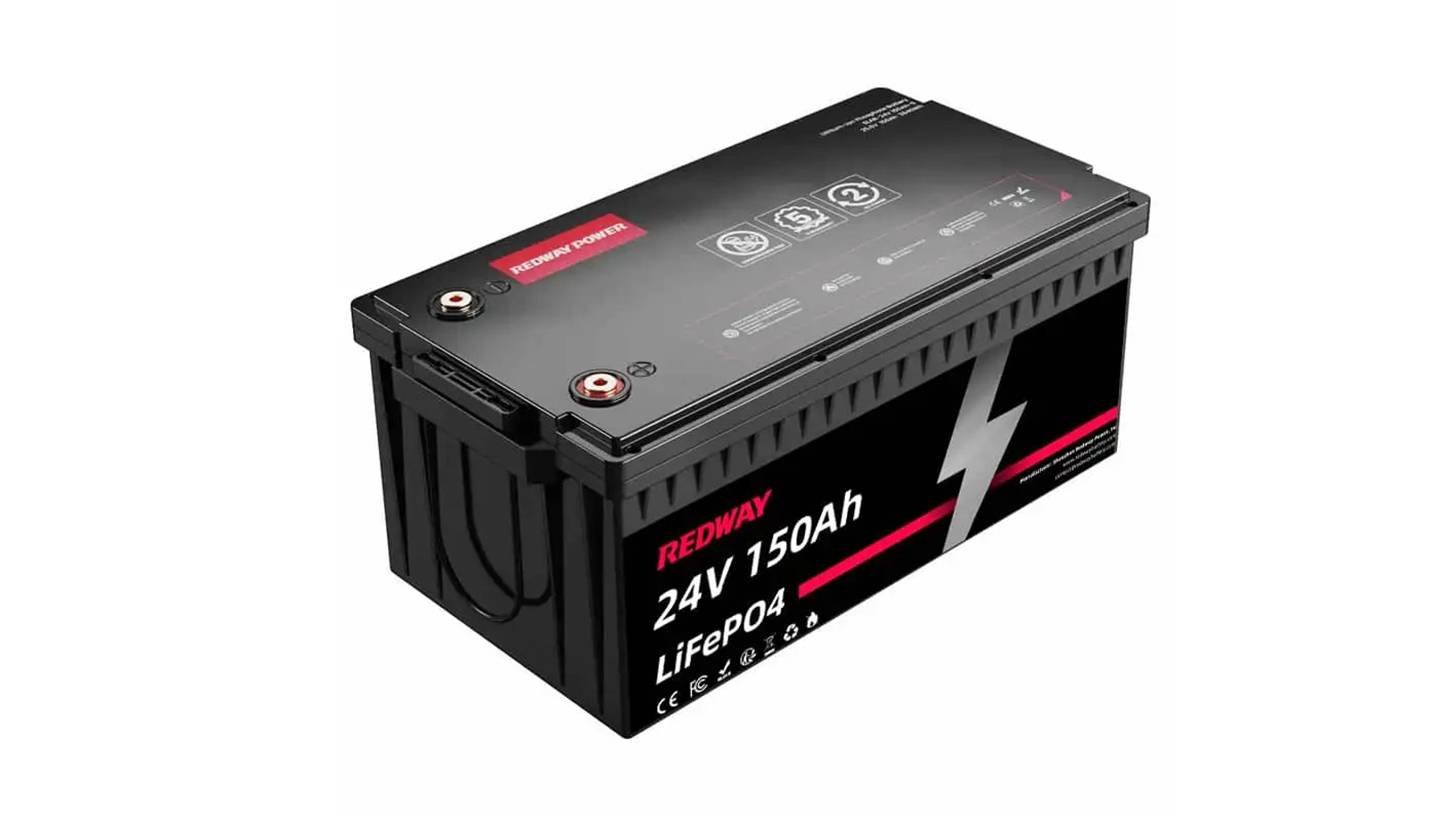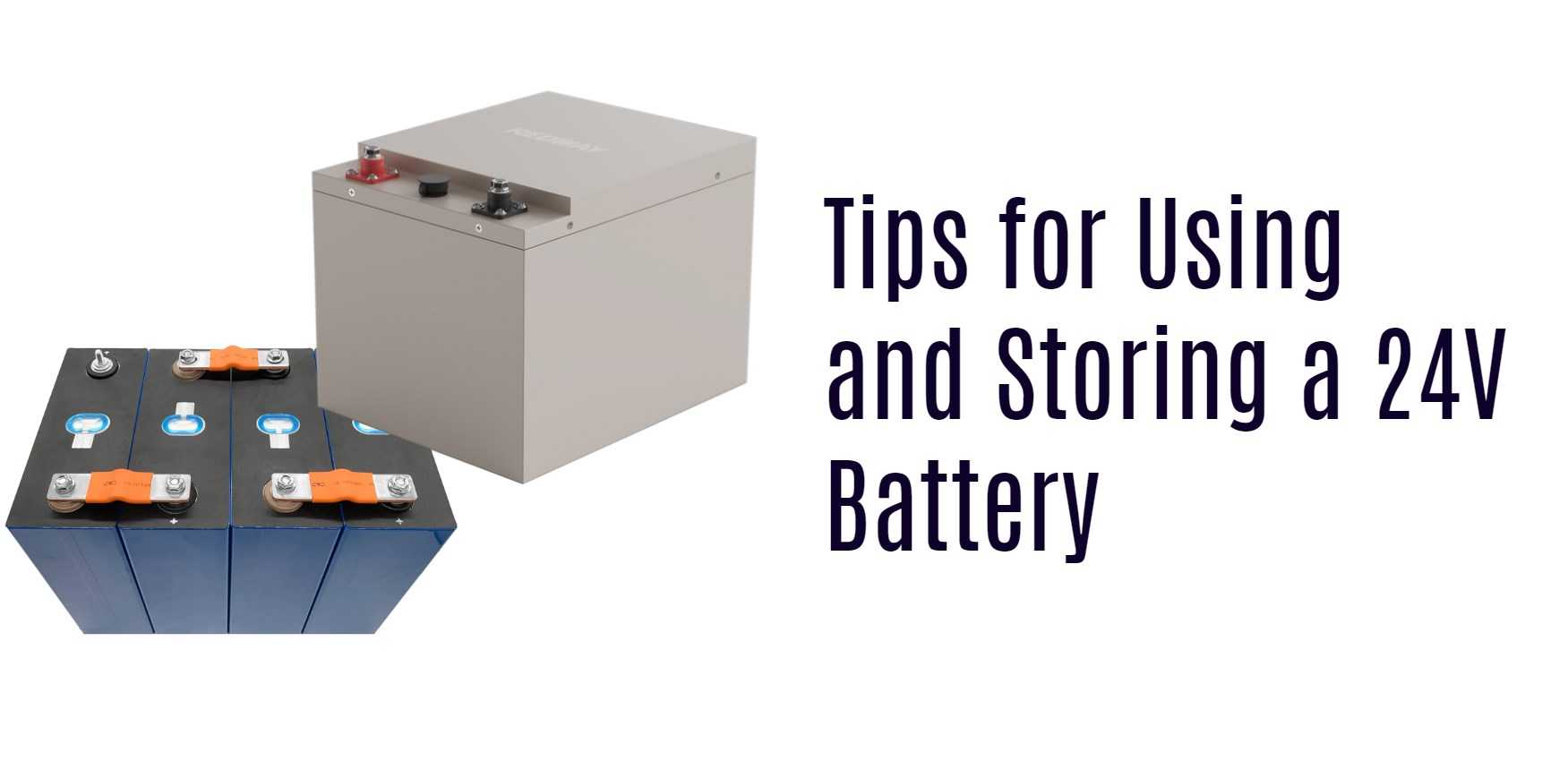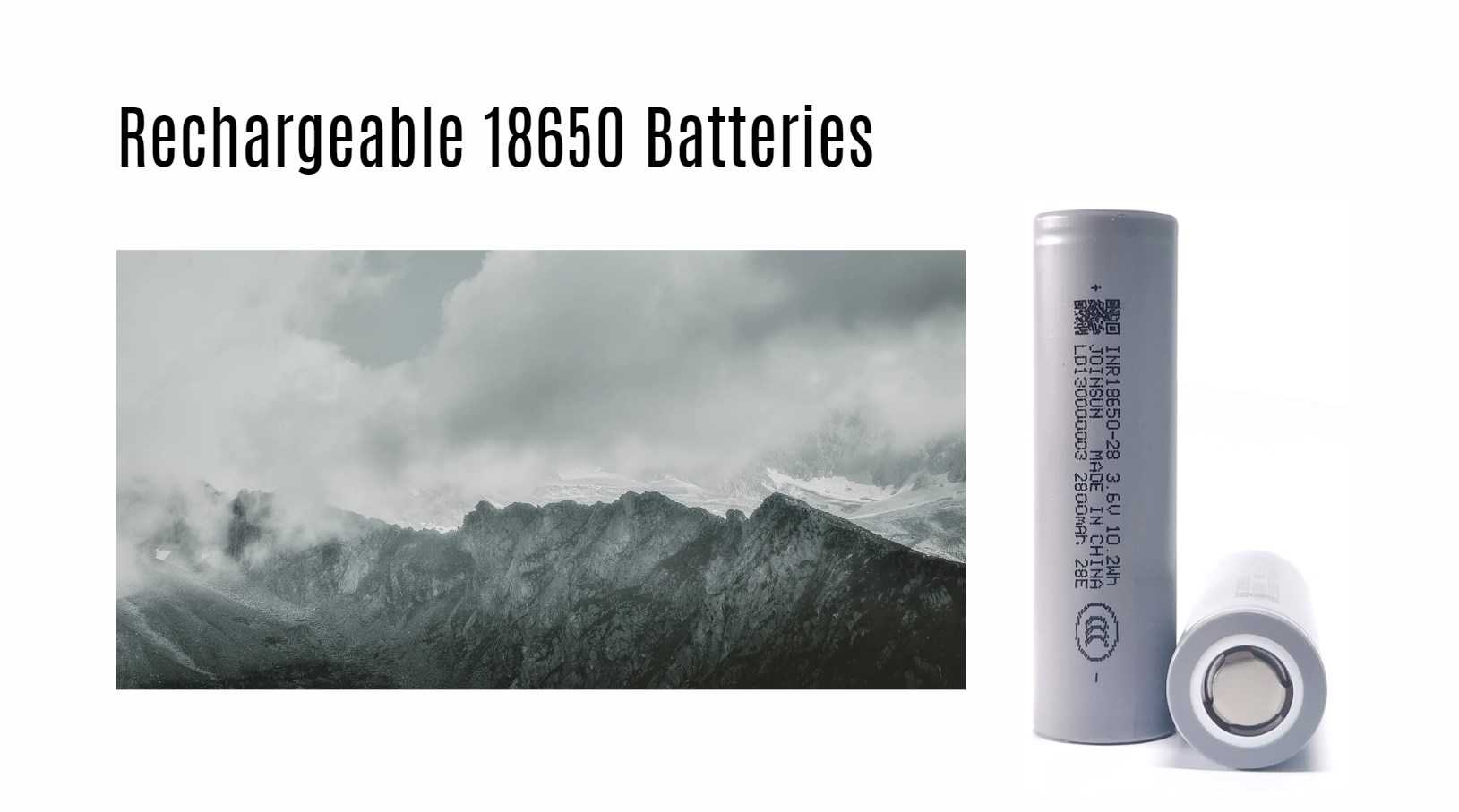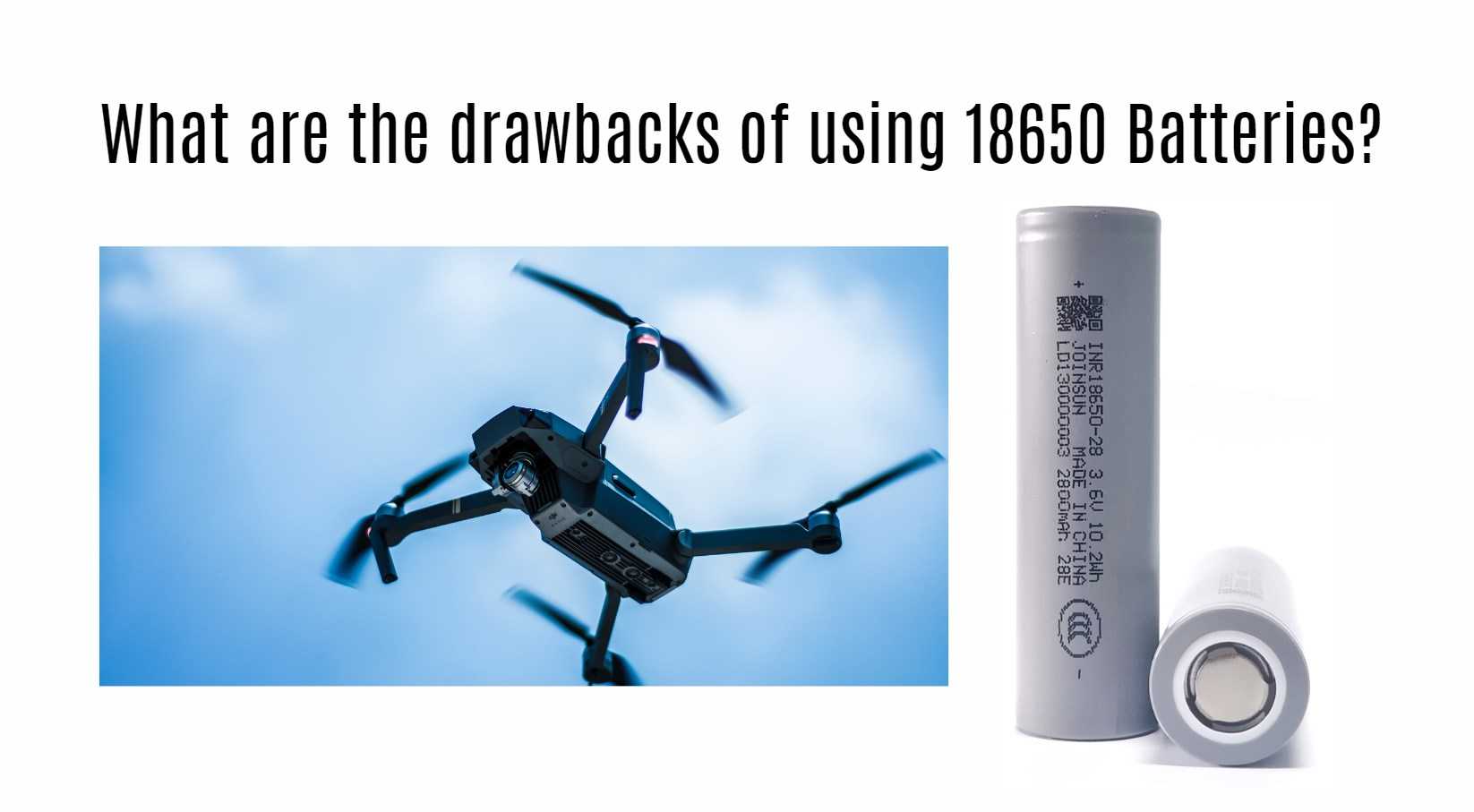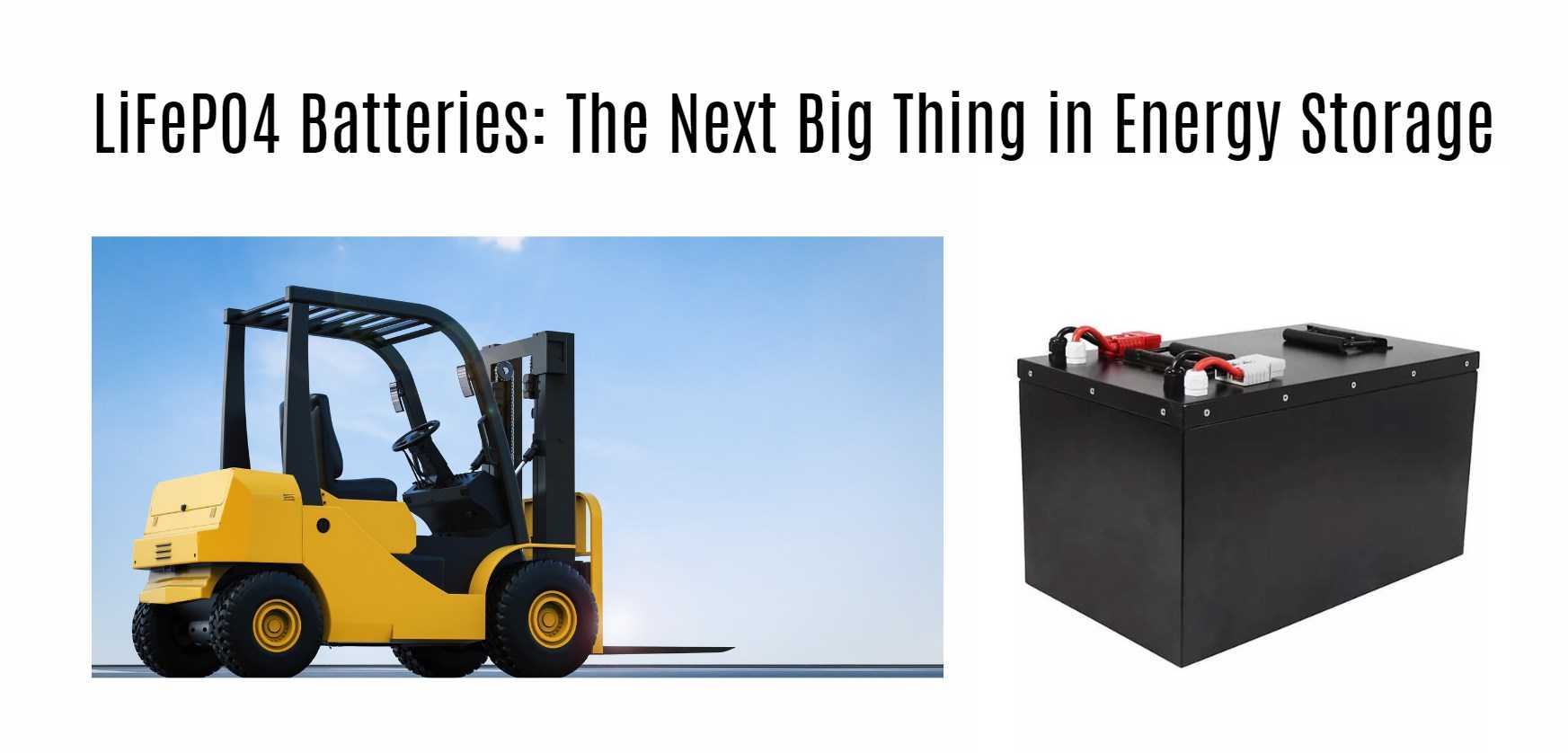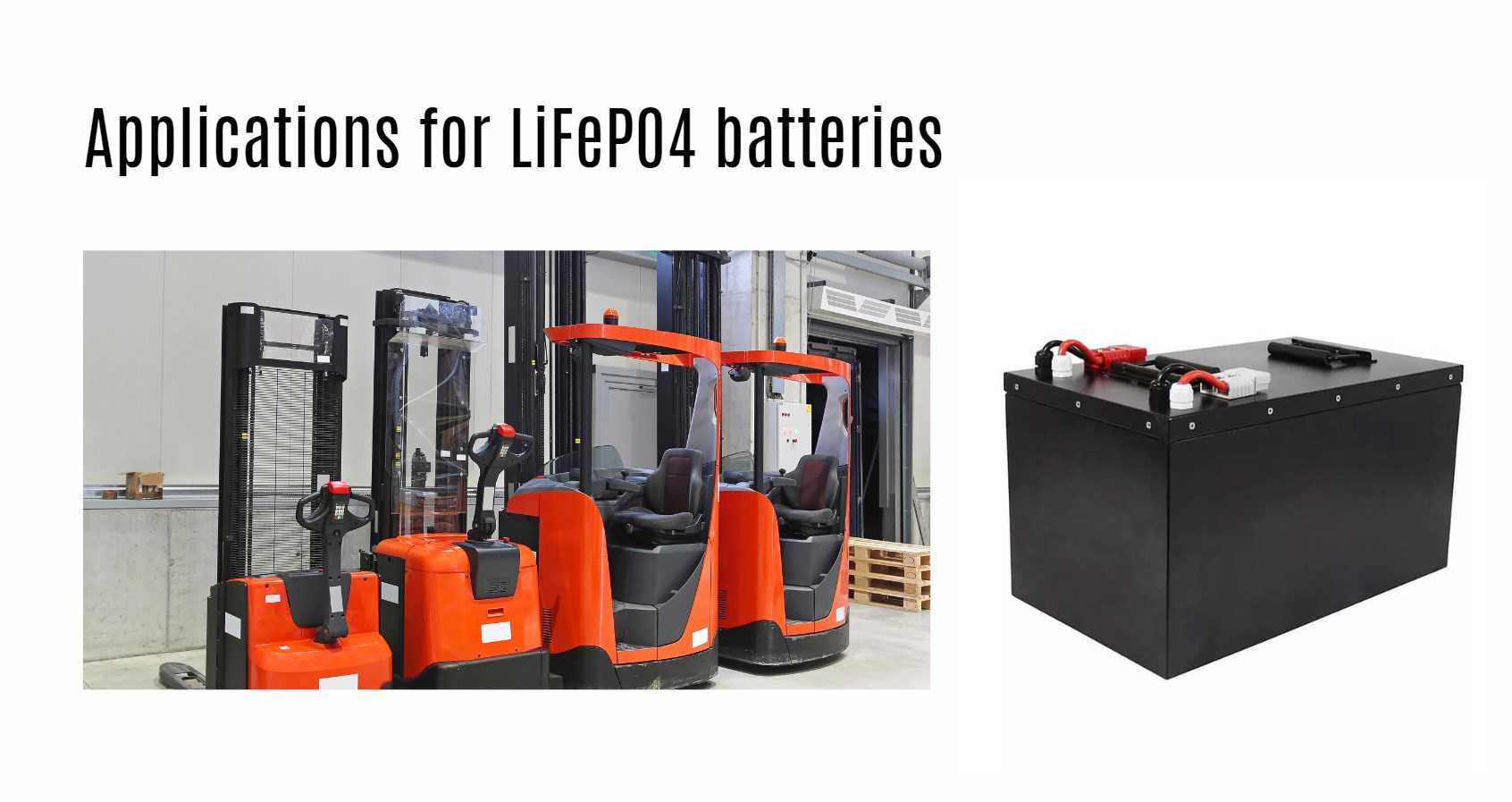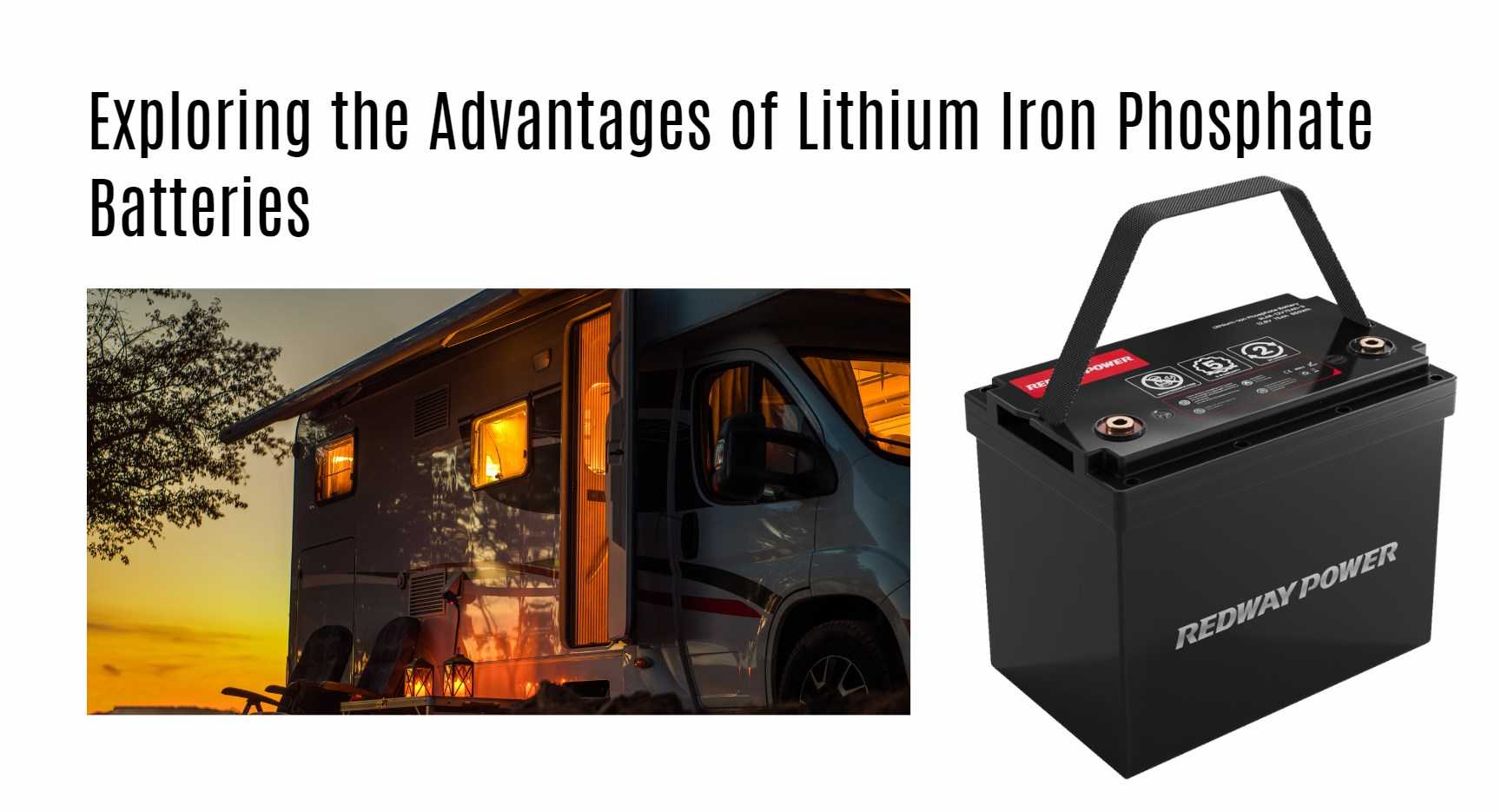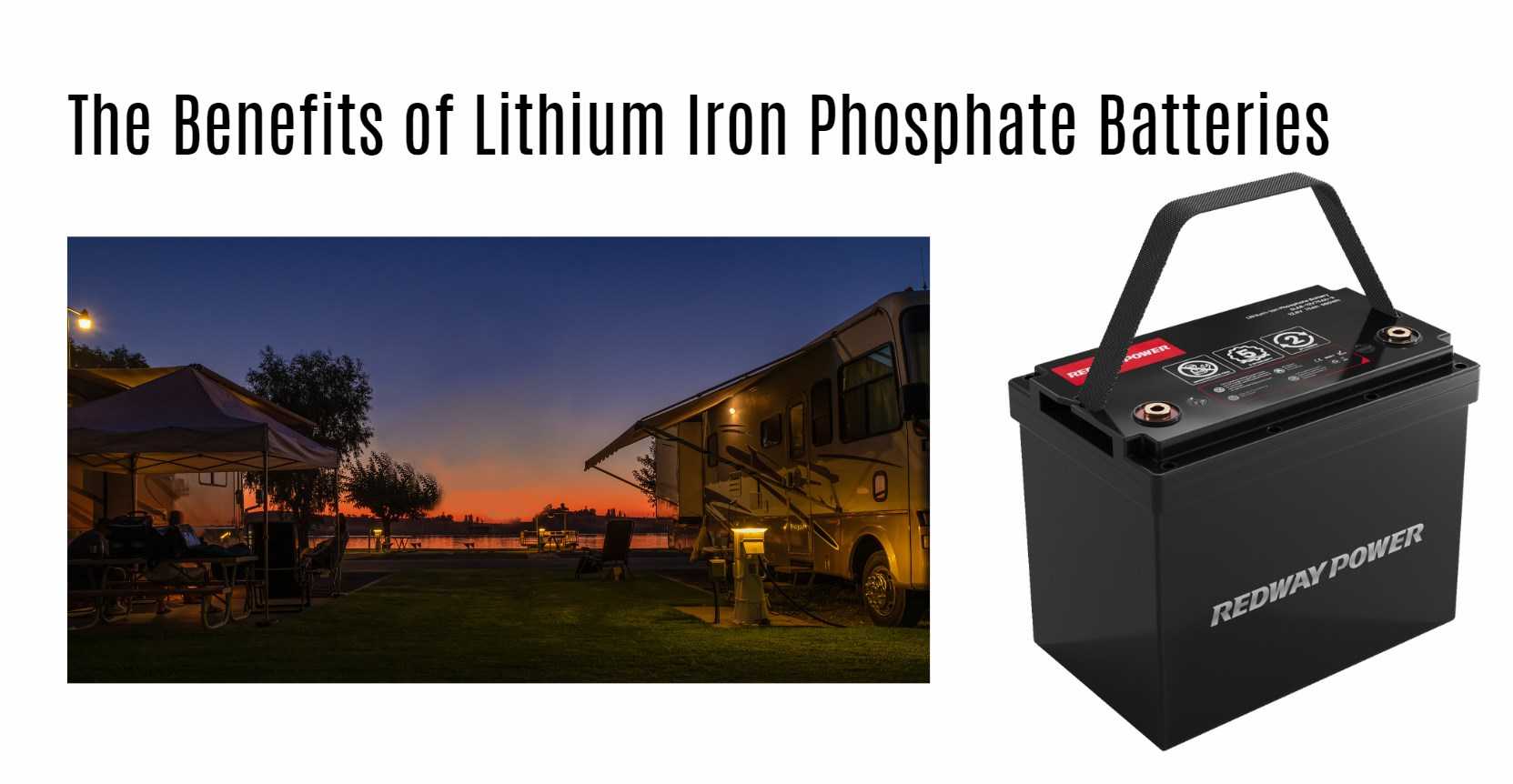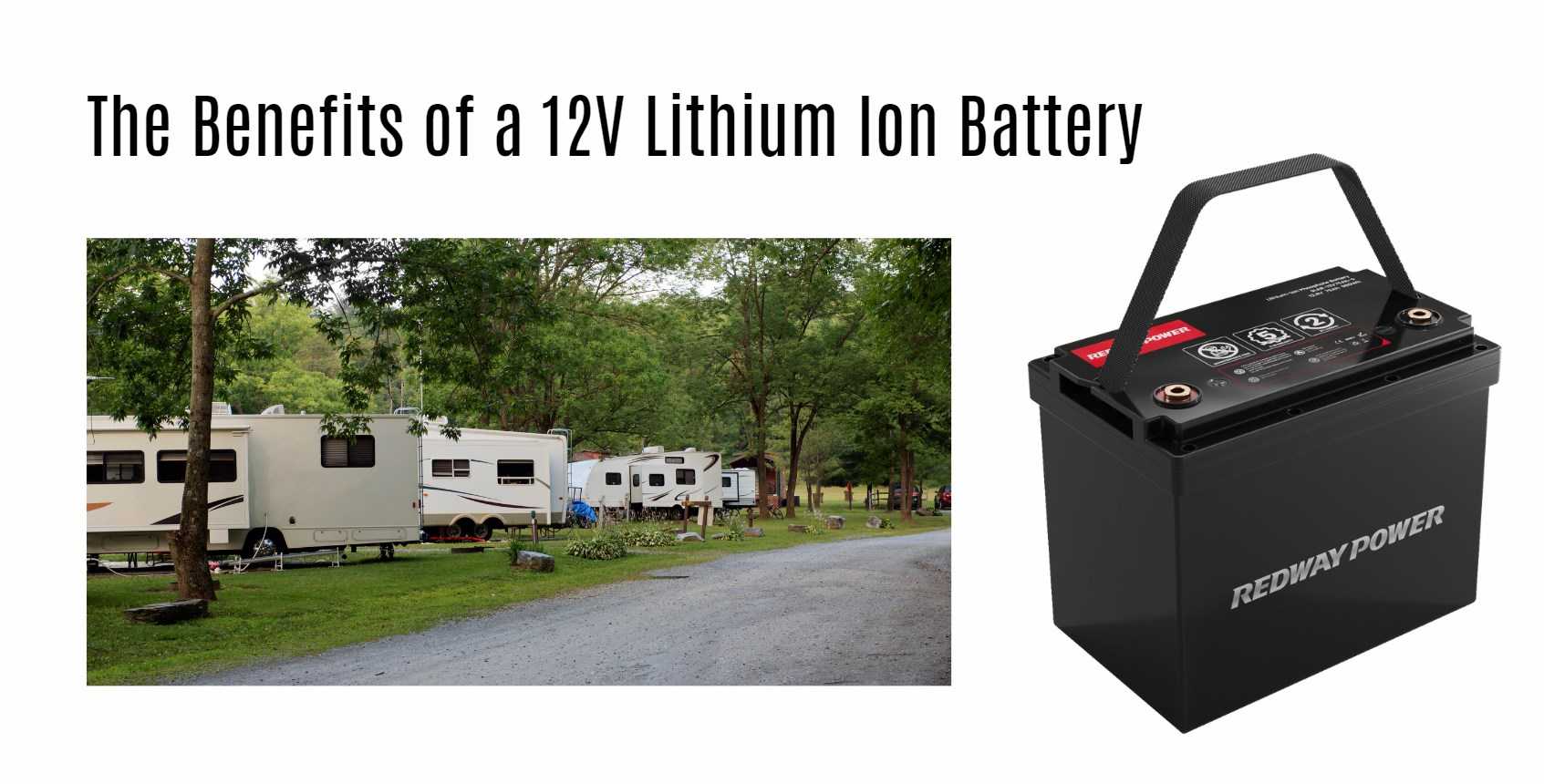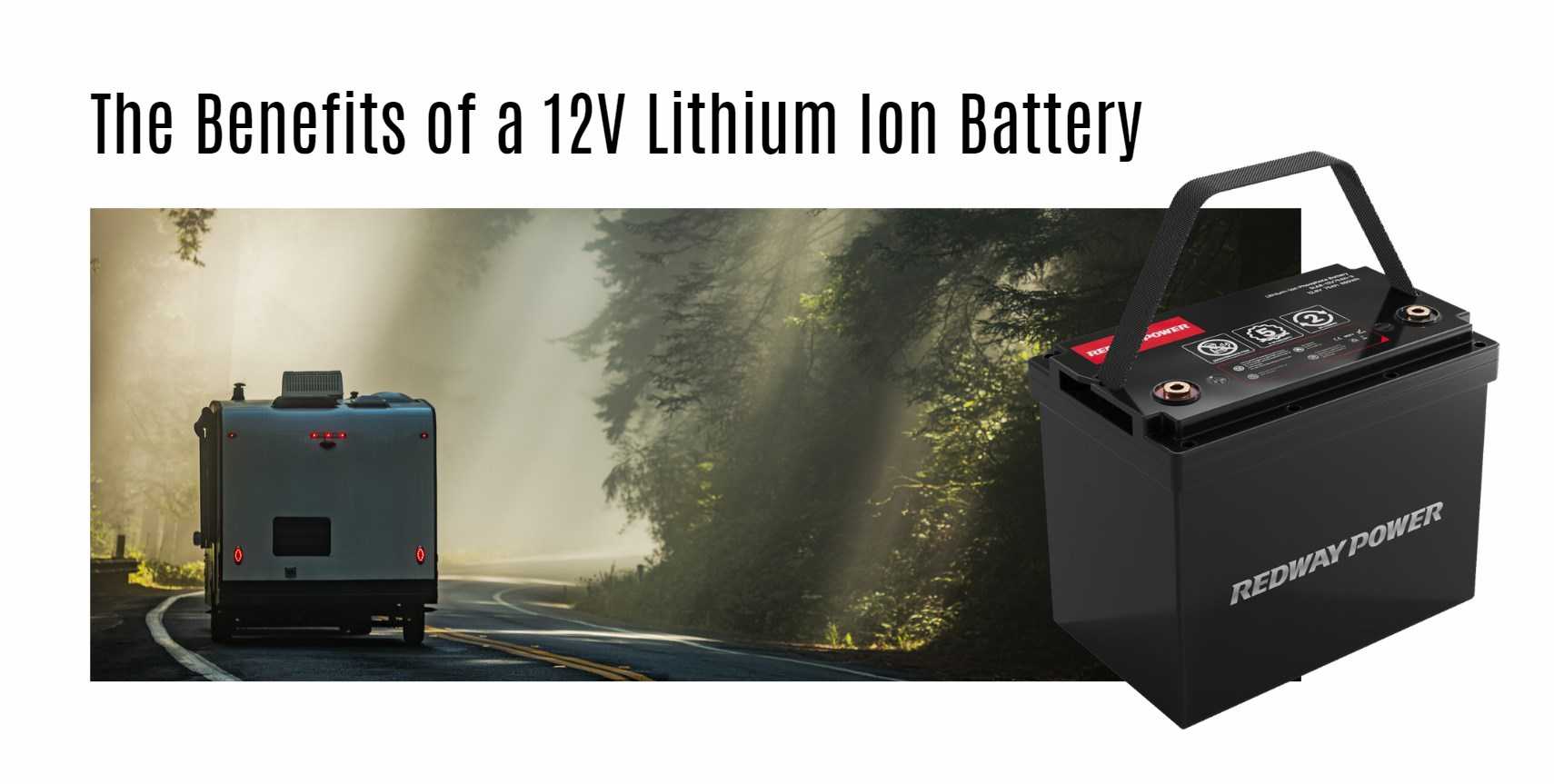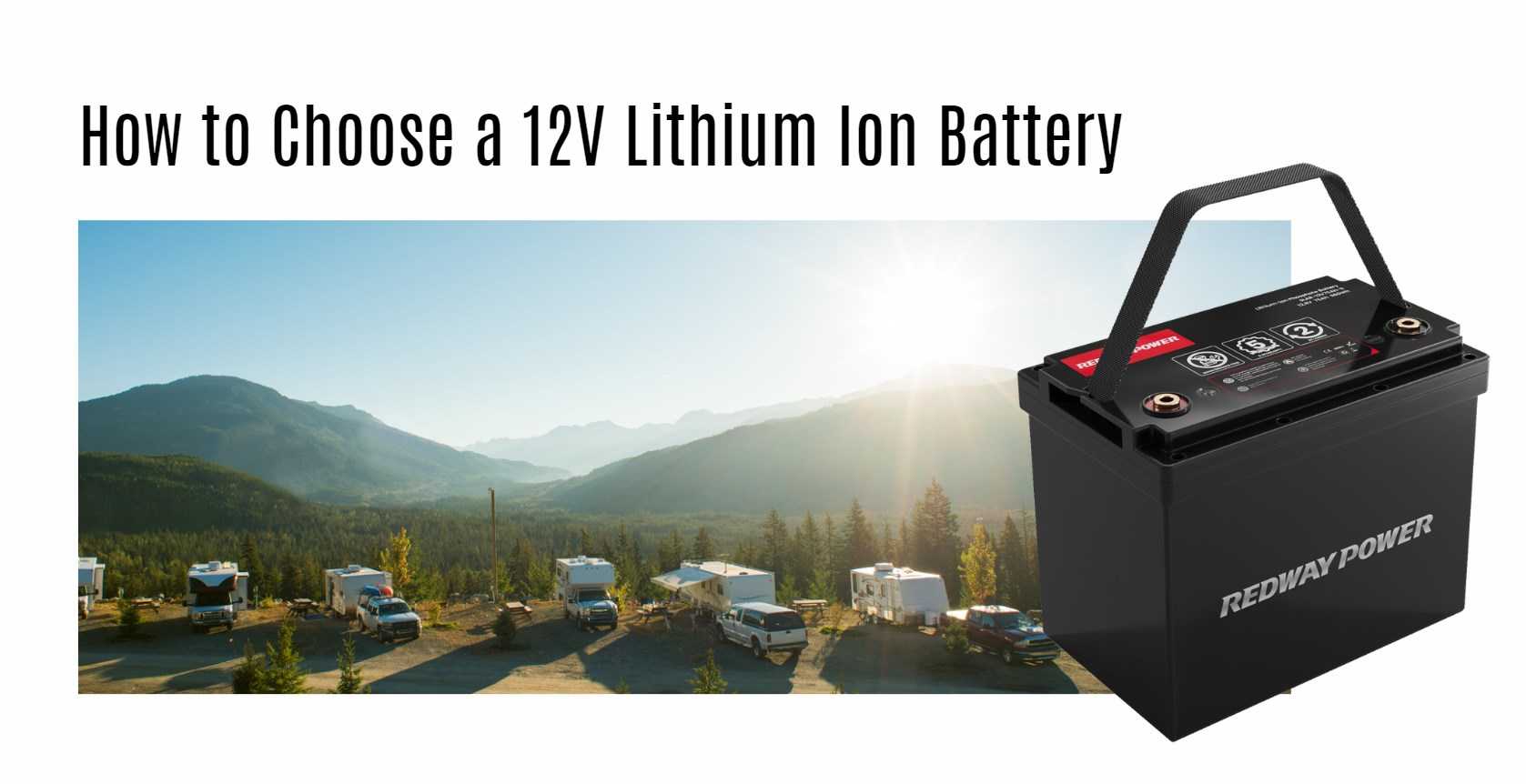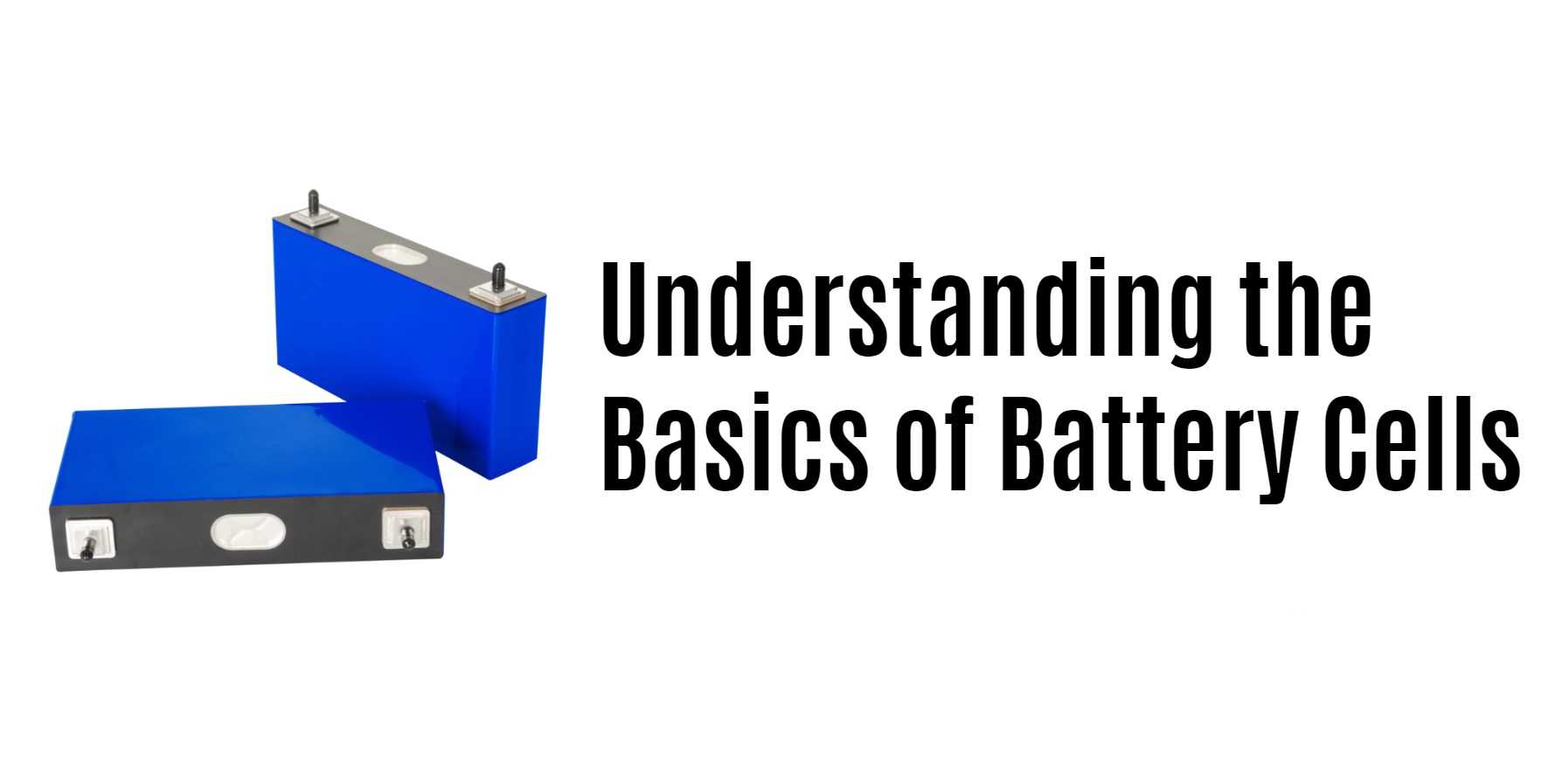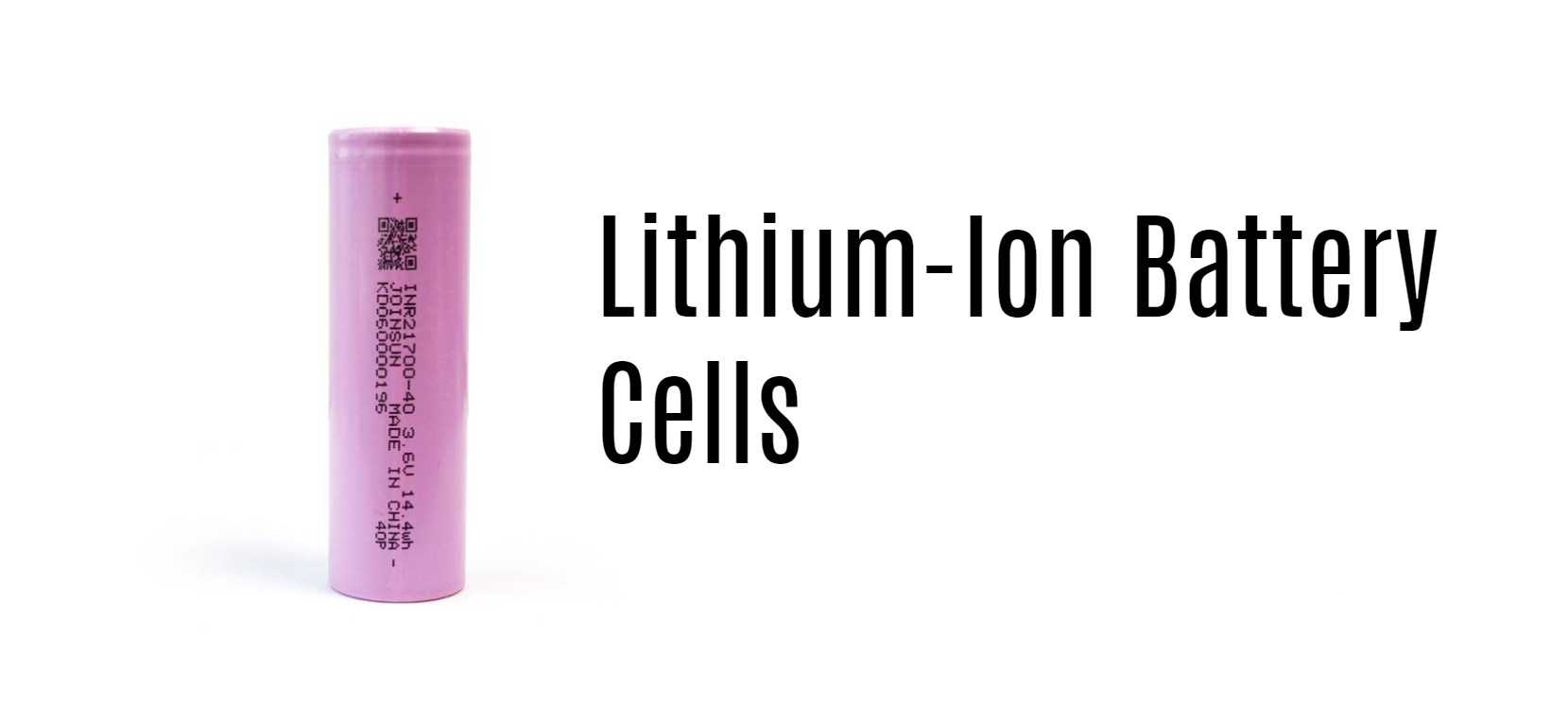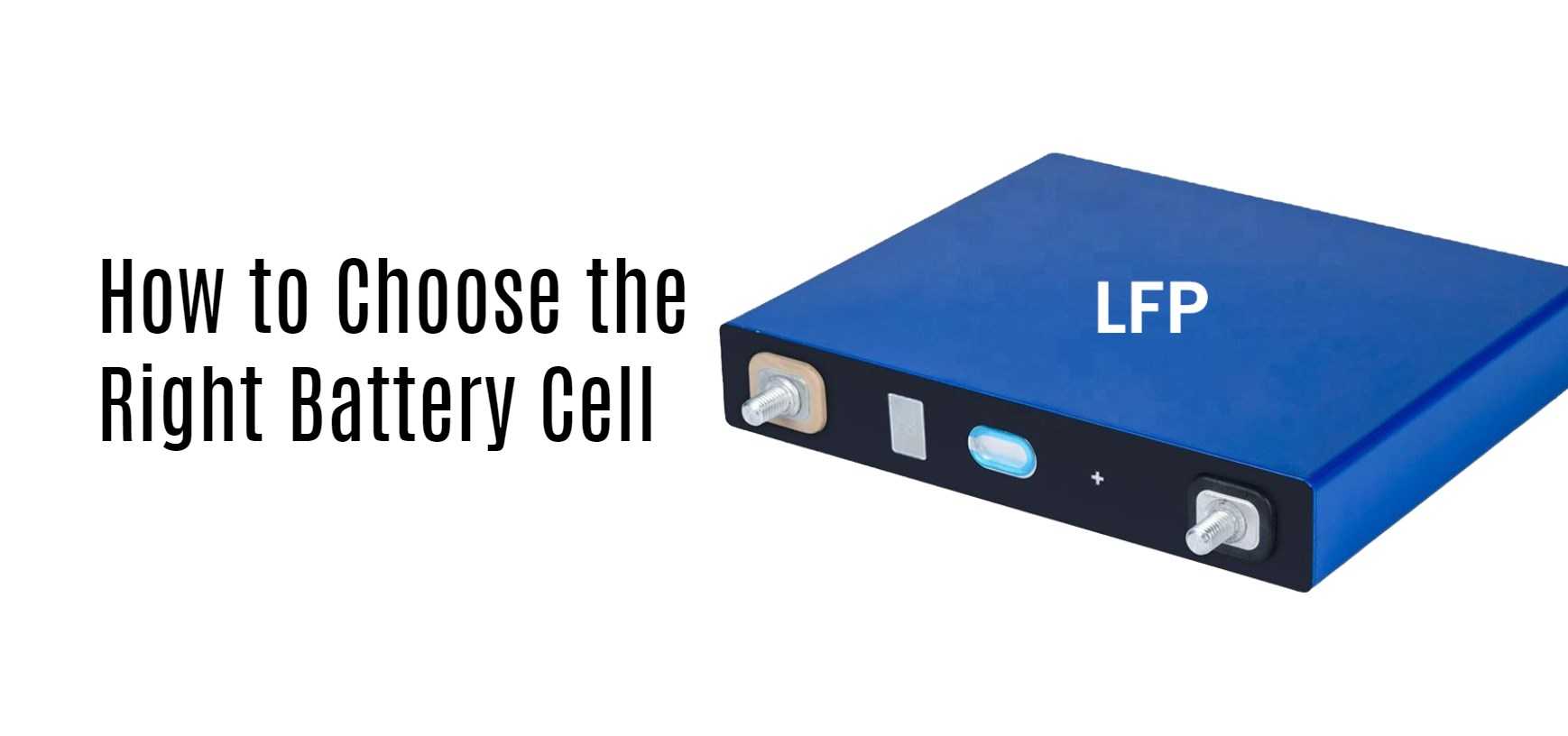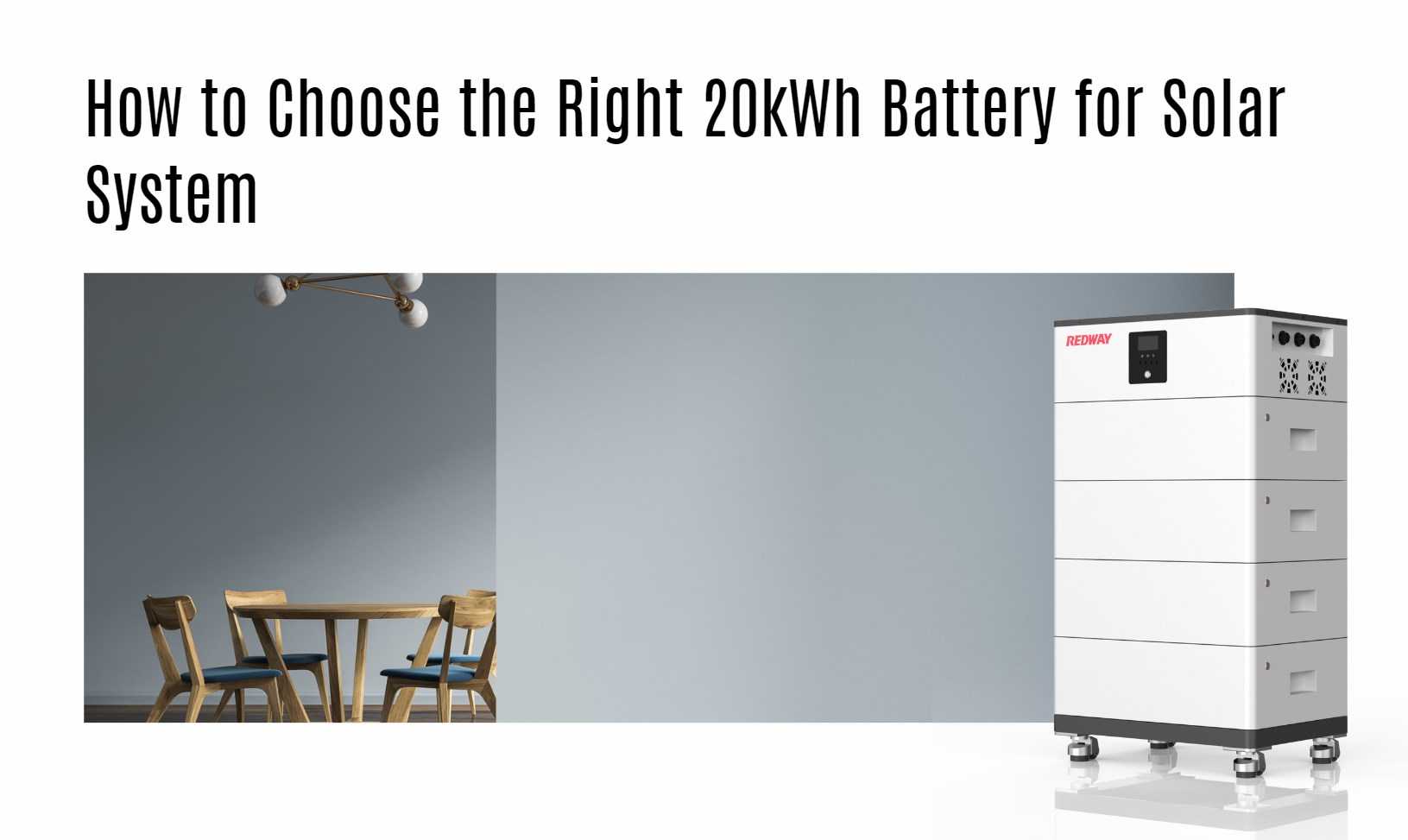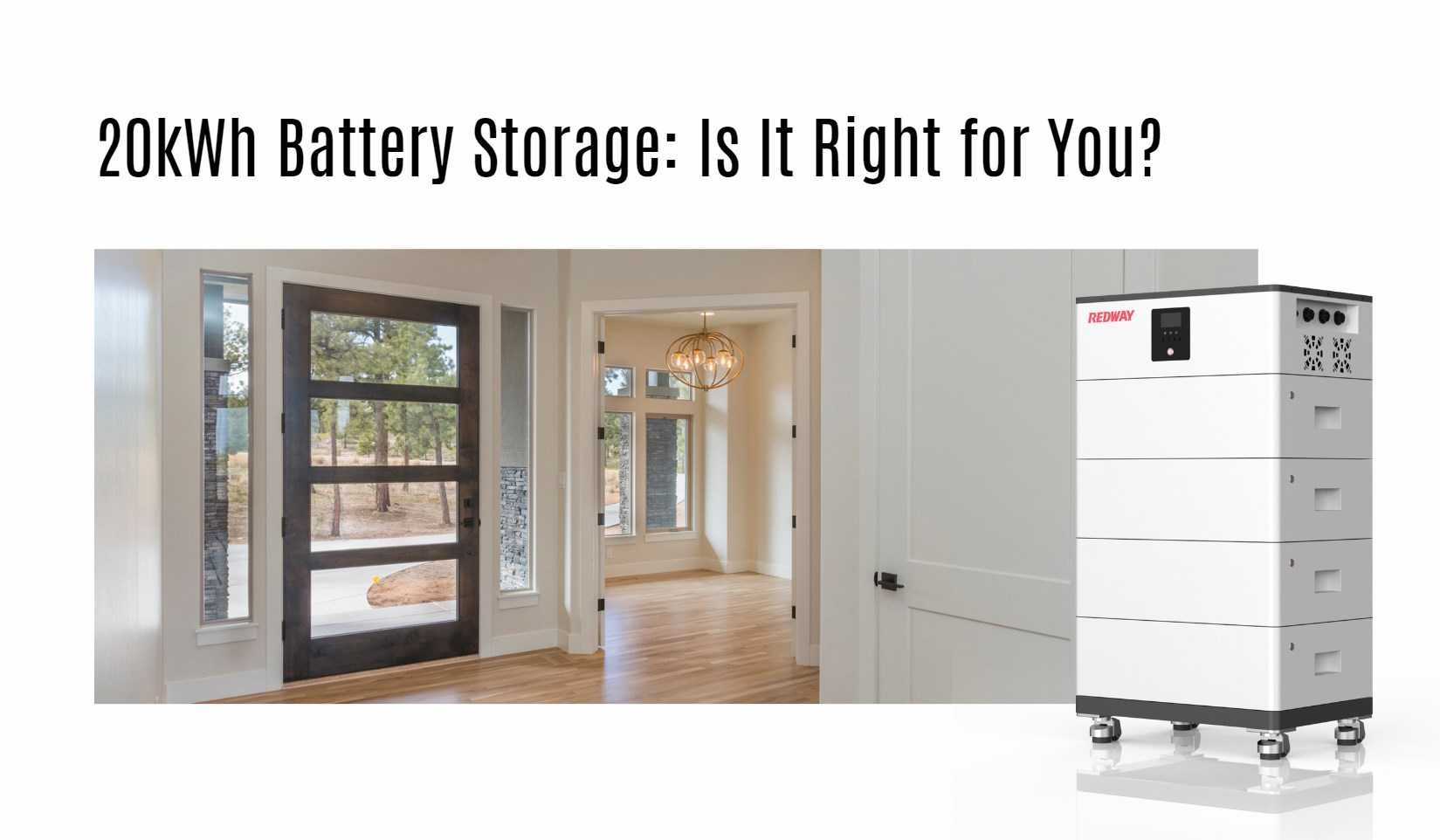Big Battery Solutions: How to Choose the Right One
Are you tired of constantly running out of battery power on your most important devices? Whether it’s your smartphone, laptop, or even an electric car, a big battery solution could be just what you need. But with so many different types and options available, choosing the right one can be overwhelming. Don’t worry – we’ve got you covered! In this blog post, we’ll break down everything you need to know about big batteries and how to choose the perfect one for your needs. So sit back, relax, and get ready to power up!
What is a Big Battery?
A big battery is a rechargeable power source that is designed to store and provide energy for large electronic devices, such as electric vehicles, boats, homes, or even industrial equipment. Unlike regular batteries which are typically small in size and have limited capacity, big batteries can hold much more energy and deliver it over an extended period of time.
Big batteries come in various shapes and sizes depending on their intended use. They may be designed as standalone units or integrated into larger systems such as renewable energy generators like solar panels. Some examples of popular types of big batteries include Lithium-ion (Li-ion), Nickel-Cadmium (NiCad), Lead-Acid, among others.
One key advantage of using a big battery solution is the ability to store excess electricity generated during off-peak hours when demand is low for later use during peak periods when demand is high. This helps to reduce energy costs significantly while ensuring continuous power supply at all times.
A big battery offers many benefits compared to traditional smaller-sized ones including longer lifespan, higher storage capacity and efficiency.
Why Do You Need a Big Battery?
Having a reliable source of power is essential in today’s fast-paced world. That’s why more and more people are investing in big batteries to keep their devices charged and running for longer periods.
One of the main reasons you may need a big battery is if you’re someone who travels frequently or spends long hours away from home. A big battery can provide enough power to charge your phone, laptop, tablet, or any other device multiple times so that you never have to worry about running out of juice on the go.
Another reason why you might need a big battery is if you operate equipment that requires a lot of energy. For example, photographers often use high-powered flash units when taking pictures at events such as weddings or fashion shows. These flashes require substantial amounts of electricity which can quickly drain smaller batteries.
Having a big battery backup gives peace of mind during emergencies such as natural disasters where access to electrical outlets may be limited or non-existent for extended periods.
There are many reasons why investing in a quality big battery solution could benefit your lifestyle and daily routine significantly.
What Are the Different Types of Big Batteries?
There are several types of big batteries available in the market, each with its own unique features and applications. Here are some of the most common types:
1. Lithium-ion Batteries – These batteries are commonly used in electronic devices such as smartphones and laptops but can also be used for larger scale applications like electric vehicles.
2. Lead-acid Batteries – These batteries have been around for a long time and are still widely used today because they’re reliable and relatively inexpensive.
3. Nickel-Cadmium (NiCd) Batteries – Although not as commonly used anymore due to environmental concerns, NiCd batteries were once popular for their high discharge rates and durability.
4. Nickel-Metal Hydride (NiMH) Batteries – Similar to NiCd batteries, these offer a higher energy density making them useful in hybrid cars or power tools.
5. Flow Batteries- Also known as redox flow batteries, this type of battery uses two electrolyte solutions separated by a membrane which allows it to store large amounts of energy reliably without degradation over time.
In summary, choosing the right type of big battery depends on your specific needs or application requirements such as lifespan, cost-effectiveness or maximum energy storage capacity among others factors that may influence your decision-making process.
How to Choose the Right Big Battery for You
Choosing the right big battery can be a daunting task, with so many options available in the market. However, there are certain factors you need to consider before making your final decision.
Firstly, determine what kind of device or appliances you intend to power using the battery. Different batteries have different capacities and voltages, so it is important to choose one that matches your specific needs.
Secondly, decide whether portability is a priority for you. If you plan on taking your big battery with you on camping trips or outdoor excursions, then choosing a lightweight and compact option make sense.
Another aspect to consider is the charging method of the battery. Some batteries may require specialized chargers while others can be charged through standard USB ports or solar panels.
It’s also essential to take into account the durability and longevity of any potential big battery purchase. Look at customer reviews and ratings online to get an idea of how long-lasting different models are likely to be in practice.
Don’t forget about safety features such as overcharge protection and temperature control mechanisms which help prevent overheating during use.
By keeping these key factors in mind when shopping for a big battery solution, you’ll ensure that whatever model you choose will match your specific requirements perfectly!
Conclusion
Big batteries are becoming more popular as people rely on technology to power their daily lives. They offer a convenient and reliable source of energy for everything from smartphones to electric cars.
When choosing the right big battery for your needs, it’s important to consider factors such as capacity, portability, compatibility and safety features. Take the time to research different types of batteries and read reviews before making a decision.
Remember that investing in a high-quality big battery is worth it in the long run because it will last longer and provide better performance than cheaper alternatives.
By following these tips, you can find the perfect big battery solution to keep all your devices powered up whenever you need them.

